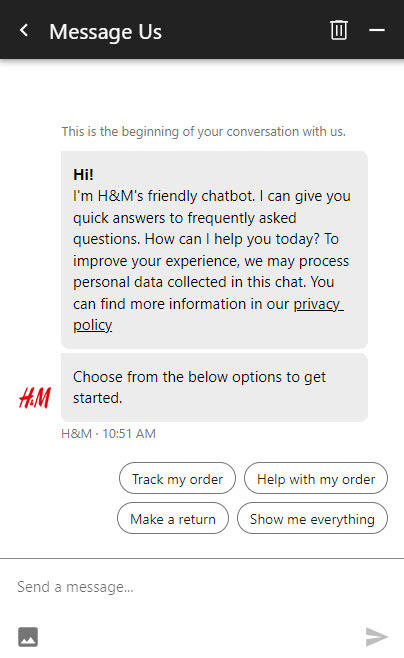Areas of application
AI is being applied in many sectors nowadays. Below, you will find some concrete examples.
Automatic subtitles
Many TV channels and streaming services use AI to generate automatic subtitles for TV programmes, films, and series. This increases the accessibility of content and allows subtitles to be created much faster and even live.
Since August 2024, VRT, the public broadcaster of the Flemish Community in Belgium, has also been experimenting with this technology. Read about it here.
Deepfake
Deepfake is a technology that uses AI to create highly realistic videos or images in which it appears as though someone is saying or doing something that never actually happened. This is done by manipulating existing images and sounds.
Although this technology can easily be misused, for instance, to spread fake news and deceive people, there are also positive applications. For example, deepfakes can be used to bring historical figures to life.
Adaptive learning systems
AI adapts to the learning style and pace of the student. A good example of this is Khanmigo, een AI-powered personal learning assistent, developed by the non-profit organisation Khan Academy.
Fun fact
Have you seen the video where GPT-4o helps Imran, the son of Salman Khan, solve a maths problem? Instead of giving the answer, GPT-4o guides him through the exercise, helps him recall a definition, and asks targeted questions so that Imran arrives at the correct answer on his own. Watch the video here.
Technology: Robotic Assembly
In factories, AI-powered robots help assemble and test products. Imagine a robotic arm putting together a car on the production line.
Self-driving cars
AI technology enables autonomous driving, but due to technical and safety challenges, this remains a thing of the future for now.
Logistics and supply chain management
AI helps to plan the most efficient routes and to manage inventories, speeding up processes and reducing costs.
Virtual customer service
AI chatbots assist with customer support. Many questions can be answered by the AI model. If you do not get the right answer, you will eventually be connected to a real person. Many well-known shops and large chains already have an AI chatbot. Do you know H&M? This chain also has an online assistant.

Product recommendations
Netflix and Spotify recommend new films or music based on what you have previously watched or listened to.
Augmented reality apps
AI in AR apps can help you, for example, to virtually place furniture in your home before you buy it, as in the IKEA app.

Diagnostic Tools
AI assists doctors in making diagnoses by analysing medical images. For instance, researchers of the West Virginia University are working on the early detection of Alzheimer’s using AI. By identifying subtle changes in brain images, AI can detect Alzheimer’s in its early stages, which is crucial for the development of medications and further preventive strategies against the disease. Early detection with AI could bring us one step closer to slowing down or even curing Alzheimer’s.
These examples show how much AI affects our lives, often without us realising it. Whether you are scrolling through your socials or visiting the doctor, AI already plays an important role in your daily routine.
Sometimes, things go quite wrong with new chatbots. For instance, McDonald’s recently discontinued their AI-powered ordering system in drive-throughs in the US after a series of comical errors.